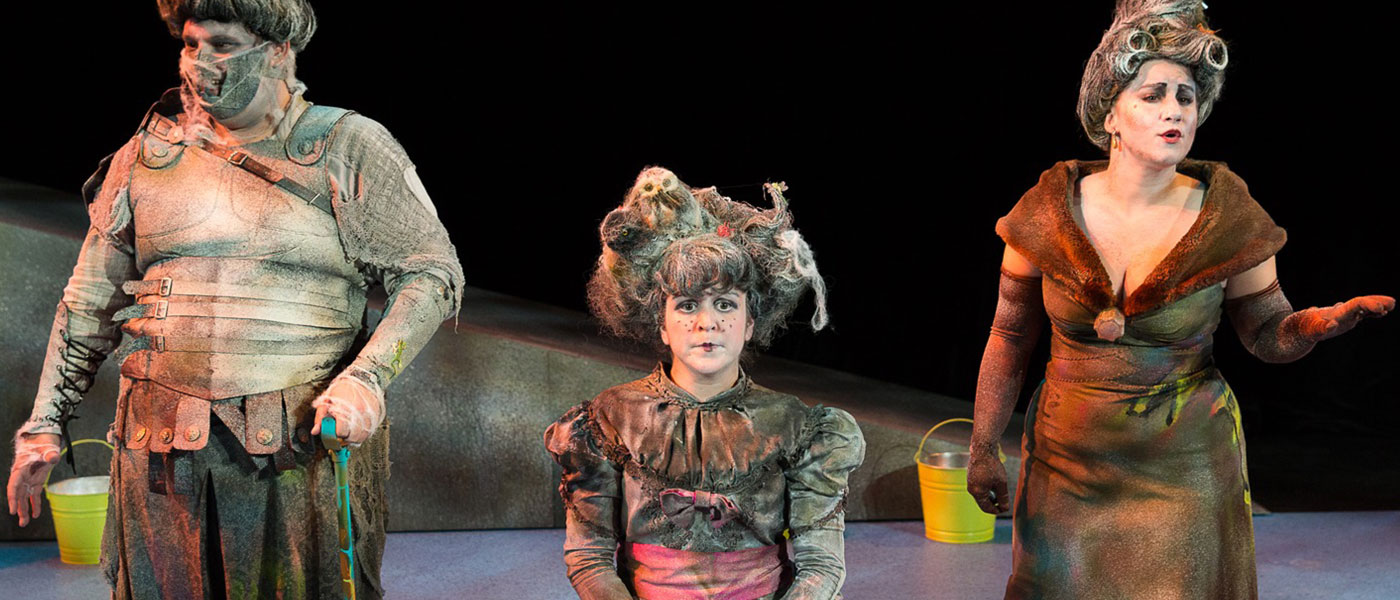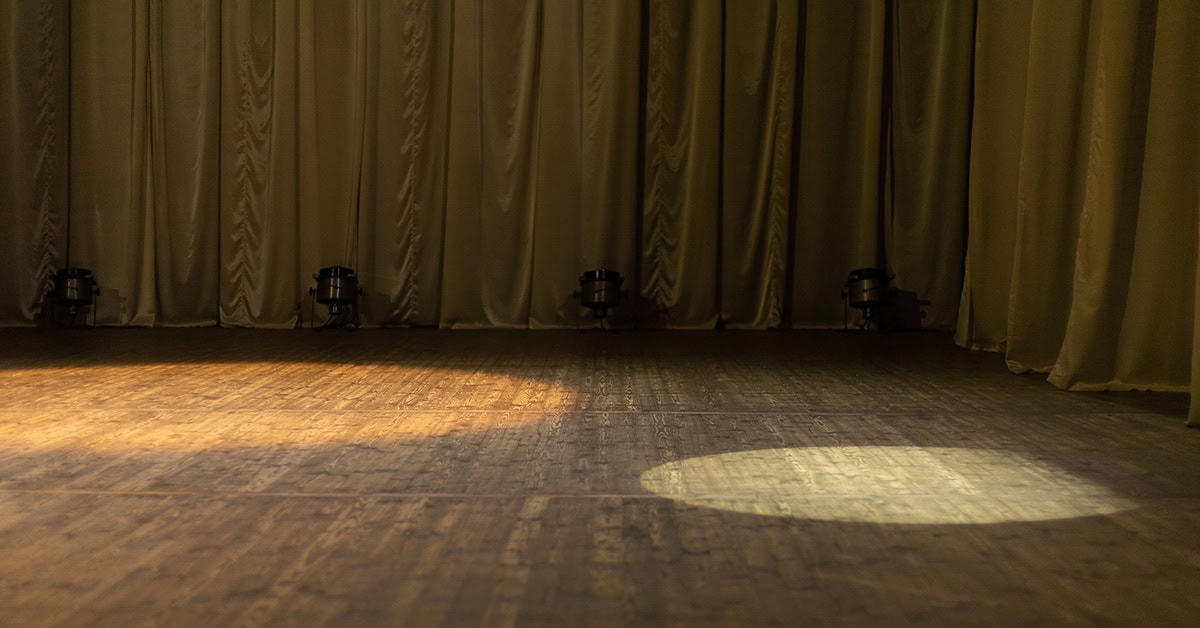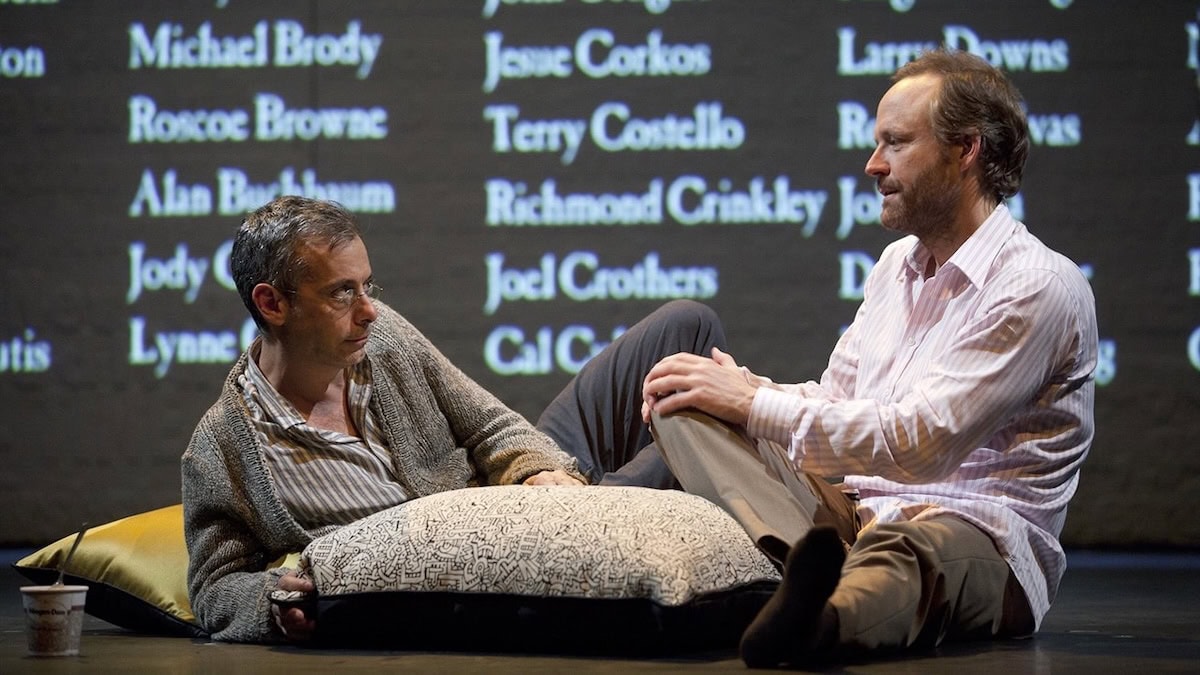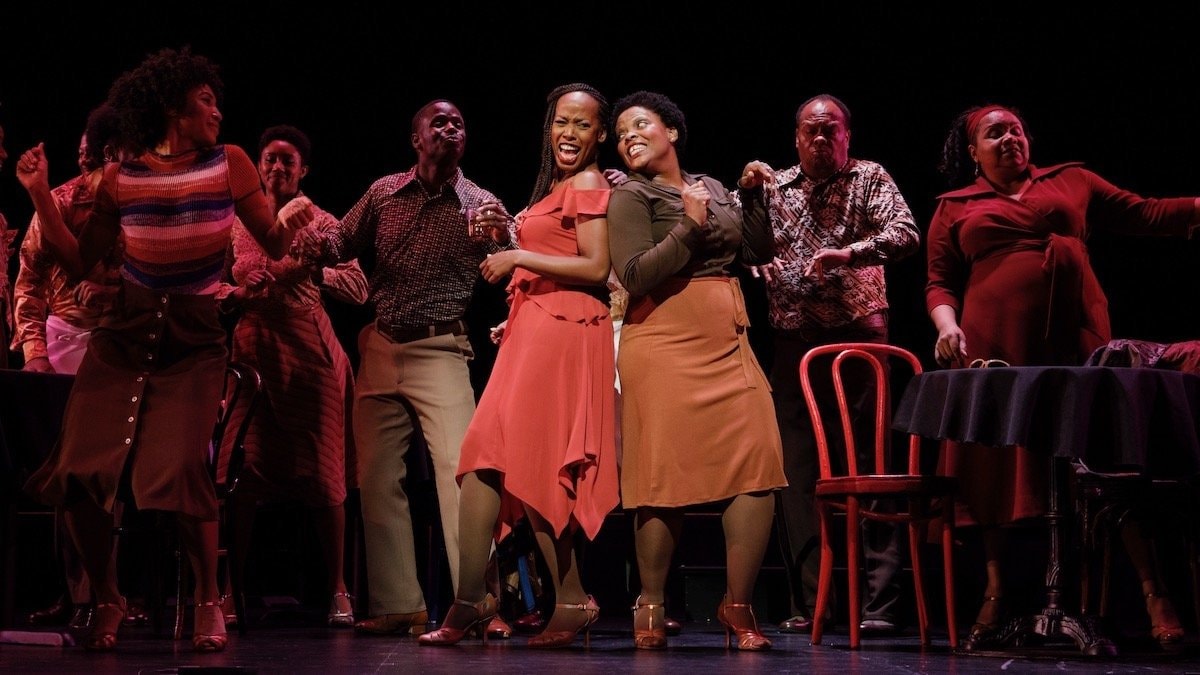
Last month, Samuel French was thrilled to honor a trio of artists and writing teams at the 2016 Samuel French Awards. (Be sure to check out the Samuel French Awards Series, which chronicles their impact on the our community.) Playwright Sarah Ruhl headlined the event, and was presented the Award for Sustained Excellence in American Theatre by James Bundy, the Dean of Yale’s School of Drama & Artistic Director Yale Repertory Theatre. As part of Sarah’s Award from Samuel French, she received a monetary prize to share with a theatre or education institution that affected her career – fittingly, Sarah chose Yale Rep as one of the recipients.
Below, we’re thrilled to share James’ beautiful remarks from the Samuel French Awards. A must read.
On behalf of managing director, Victoria Nolan, and all the staff of Yale Repertory Theatre, including over 200 professionals-in-training at Yale School of Drama, I want to thank Samuel French for including us in this evening, and particularly to thank both Samuel French and Sarah Ruhl for directing such meaningful financial support to Yale Rep on this occasion.
It is my honor tonight to present the Samuel French Award for Sustained Excellence in the American Theater to Sarah, and to say relatively few words of appreciation for her artistry, collaborative spirit, and field leadership. I say “relatively few words” because this prolific and still young artist has herself written at least 15 plays and adaptations, a book of essays, and a collection of poetry in the last fifteen years. In the last ten years, with her husband Tony, she has also been raising three delightful children—Anna, William, and Hope. In addition, for the last five years or so, Sarah has been teaching at Yale School of Drama and Yale College, where she’s inspired dozens of writers with her professional accomplishment, challenges to the status quo of the American theatre, and detailed attention to her students’ progress. There is a great deal of research these days, suggesting that multi-tasking isn’t really a thing that can be done well. I would submit that researchers who draw this conclusion have never studied Sarah Ruhl.
At Yale Rep, we depend on her. Two nights ago, we closed Mark Wing-Davey’s production of Scenes from Court Life, or the whipping boy and his prince, which as you have heard, is the sixth play of Sarah’s that we have produced. To give you an idea of her importance to our theatre, having had six plays done at Yale Rep ties her with one other American writer as the most produced in Yale Rep’s history, and that writer is the late August Wilson.
I love Sarah’s plays because she writes with wit and wisdom, and especially an unrestrained theatricality of surprise and delight. These characteristics are often lumped under the flaccid adjective, “whimsical”, by critics too lazy or ill-equipped to read the depth of purpose and specificity of observation she unleashes with her prodigious imagination. In the words of the great German theologian Dietrich Bonhoeffer, written while he was imprisoned by the Nazis: “Absolute seriousness is never without a dash of humor.” And although Sarah’s plays have far more than a dash of humor, to understand her work as serious is no more difficult than it is to recognize that the tragic characters, Hamlet, Iago, and Richard III are three of the wittiest men ever imagined. Sarah imitates no one, but she shares with all great playwrights the practical belief that both lightness and darkness are intrinsic to every truly compelling theatrical landscape.
Sarah consistently juxtaposes the beautiful and awful realities of the world in which we live, with the more abstract pains and pleasures of our spiritual lives. Her plays are muscular and visceral, as filled with births and deaths and excretions and ablutions, as they are with emotional subtlety, empathy, and ambiguity. And still, her work privileges neither realism nor psychology: it is the four dimensional poetry of the theatre embodied by actors. She inspires directors and designers to spectacular creativity—should, for instance, her play call for a living room, that living room will be home to a child represented by a puppet, or that living room will have apples thrown from meta-theatrical launching pads landing in it, or perhaps, that living room will be made entirely of string. Actors may find themselves snow-shoeing, mastering baroque dance, or standing onstage in a thousand gallons of water.
It would be more than enough if Sarah had only written such inventive plays on such an extraordinary range of subjects covering so many periods in human history, but I must add one additional quality of hers for which I am profoundly grateful—she is just as vital and visionary in the production of her work as she is in the writing of it, with a keen producer’s eye and savvy managerial instincts. Above all, Sarah is brilliant in this sphere because of her unflagging generosity of spirit to her collaborators.
Because what Sarah knows, is what Lewis Hyde has posited in his seminal book, THE GIFT: that money is made in the market economy, while art is made in the gift economy. The market economy runs on reason, while the gift economy runs on love. The essential premise of the market economy is that scarcity generates wealth for a few, while the essential premise of the gift economy is that abundance generates value for more and more people—in Native American culture, for instance, the gift that is passed on increases in value more, the more it is passed on.
And so this playwright, as artist, freely gives the gift of her plays to us, her collaborators, who pass the plays on, via our imagination and spirit, to the audience, who in turn pass on the gifts of their knowledge and experience to their families and friends—and so the value of her art increases with each successive gifting.
Surely it is Sarah’s generosity, her love for theatre poetry and its power to bring grace to humankind, that is greatest and deepest well-spring of her genius in art and craft. Surely, such love is a key reason her plays appeal across generations, fueling the aspiration of the amateur as readily as the passion of the professional.
Thank you, Sarah, for sharing your abundant gifts with all of us in this room, and for inspiring us to pass them on, now and for many years to come. It is my pleasure to present to you, with love and the most profound admiration, the Samuel French Award for Sustained Excellence in the American Theatre.

Recommended Shows for Drama Festivals

The Truth Behind… The Normal Heart

